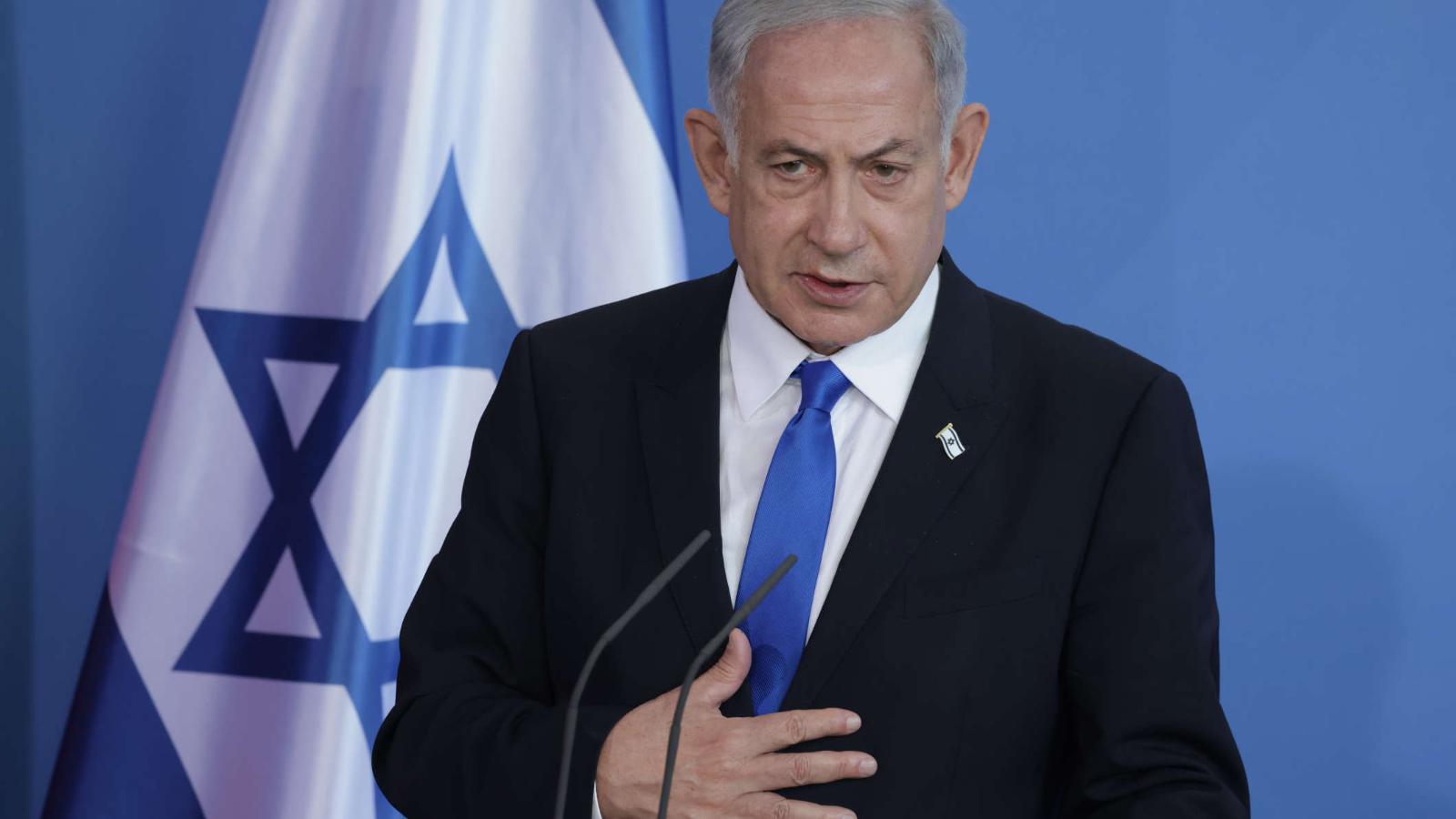Norway, Ireland, and Spain to Recognize Palestinian State on May 28
In a groundbreaking move, Norway, Ireland, and Spain have announced their decision to officially recognize a Palestinian state, effective May 28. This announcement, made during a press conference, has sparked a range of reactions on the international stage. Norway's Prime Minister Jonas Gahr Støre emphasized the urgent need for peace in Gaza, stating, "In the midst of a war, with tens of thousands of dead and wounded, we must keep alive the only alternative that offers a political solution for both Israelis and Palestinians: two states, living side by side, in peace and security."
Irish Foreign Minister Micheál Martin and Spanish Prime Minister Pedro Sánchez echoed this sentiment, underscoring that the recognition of a Palestinian state is a move for peace and justice, and not a stance against Israel or the Jewish people. "This recognition is not against the people of Israel and it is certainly not against the Jews. It is not in favor of Hamas. It is in favor of coexistence," Sánchez stated.
Israel's Strong Reaction: Withdrawal of Ambassadors
Following this announcement, Israel's Foreign Minister Israel Katz declared the immediate withdrawal of Israel's ambassadors to Ireland and Norway. Katz criticized the countries' decisions, stating, "Israel will not refrain from those who undermine its sovereignty and endanger its security." He further added that these nations' recognition of a Palestinian state sends a dangerous message that terrorism pays, particularly pointing towards the Hamas attacks.
The decision by Norway, Ireland, and Spain has increased diplomatic tensions, with Israel concerned about its security and sovereignty being compromised. The withdrawal of ambassadors signifies Israel's strong disapproval and reluctance to engage with countries it views as supporting terrorist activities.
Press Freedom at Risk: AP's Broadcast Cut in Gaza
Simultaneously, Israel has faced international scrutiny for cutting off the live broadcast of the Associated Press (AP) in Gaza. UN Secretary-General spokesperson Stéphane Dujarric condemned the action, stating, "Journalists must be able to do their work freely." Israeli authorities accused AP of violating a new law that bans foreign media undermining state security, which led to the seizure of the agency's broadcast equipment.
The White House expressed concern over AP's broadcast cut, with spokesperson Karine Jean-Pierre indicating that the U.S. is in direct contact with Israel to address and hopefully rectify the situation. The incident highlights the growing challenges faced by journalists reporting from conflict zones and raises questions about press freedom and the transparency of information in war-torn areas.
- Foreign Minister Ireland Katz's statement that recognizing a Palestinian state essentially rewards groups like Hamas and Iran for their terrorism has sparked further debate and criticism.
- The Palestinian state is recognized by more than 130 of the 193 UN member states, indicating a significant level of international support.
- The new Israeli law banning foreign media broadcasts is seen by many as a method to control the narrative and limit the exposure of its military operations in conflict zones like Gaza.






